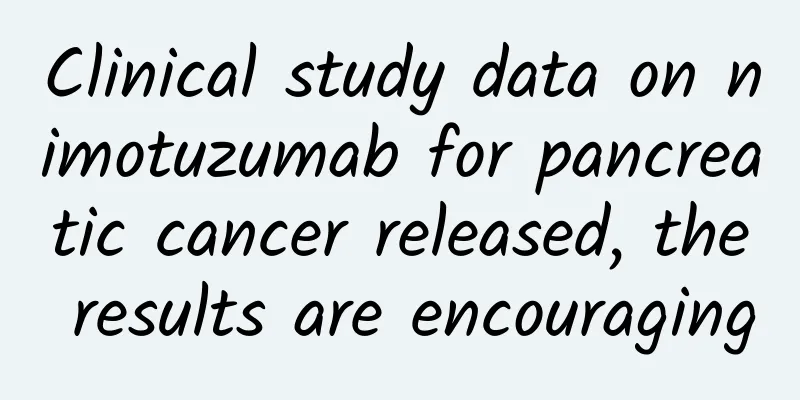What causes immature follicle development?

|
Poor follicular development is the direct cause of female infertility. The failure of follicles to grow and the inability to become pregnant trouble many infertile women. Most women know the seriousness of poor follicular development, but they don’t know why this happens. They just blindly promote ovulation. Therefore, many women wonder why the follicles do not develop well? The editor will answer this question for you below. Symptoms of follicular dysplasia: 1. Idiopathic: The follicles do not develop, only at a very small level. 2. Small follicles: The follicles develop but are immature, and their diameter is often less than 18 mm. 3. The ovarian follicles are not round: they are not round in development, but appear oval or even "date-shaped", and have no fertilization ability. 4. The follicle does not rupture: The follicle is mature, but does not rupture and ovulation cannot occur. Reasons for poor follicular development: There are many causes of immature follicle development, the most common ones include polycystic ovary, abnormal estrogen and progesterone levels, and low follicle-stimulating hormone levels. 1. Premature ovarian failure: Poor follicle development in some women is caused by premature ovarian failure. The patient has normal menstruation in the early stage and even has a history of childbearing, but then the menstruation becomes infrequent until complete amenorrhea. The follicles in the ovaries of such patients have been exhausted, and it is impossible to use ovulation-stimulating drugs to make the follicles develop, or although there are primordial follicles, they do not respond to gonadotropins. 2. Polycystic ovary syndrome: Polycystic ovary is one of the reasons for poor follicle development. Polycystic ovary syndrome is the most common reason why women do not ovulate. The characteristics of its ovaries are that the ovaries are enlarged in size and have multiple small follicles, but they cannot develop to maturity. Therefore, drugs are needed to promote follicle development. 3. Ovulation disorders caused by abnormal function of the thyroid and adrenal cortex. Follicular hypoplasia is likely to lead to infertility, but infertility is related to the health and happiness of a family, so do not delay treatment. The editor also recommends that you eat more black beans, which have a good effect in promoting follicle development and can also supplement estrogen. You should eat more black beans before and after menstruation to stimulate the secretion of estrogen. |
<<: What is the reason for the lack of high-quality follicles?
>>: How should women with anemia be treated with diet?
Recommend
What are the cyclical changes of the endometrium?
For women who want to get pregnant, they should n...
What to do if a pregnant woman has stomach pain at night
Stomach discomfort has a relatively large impact ...
Hysterectomy reexamination several times
The uterus is an important part of our female rep...
What are the reasons for not getting pregnant after IUD removal?
Children are the future of the family, because wi...
How to make breasts bigger quickly
Breast size is very important for a woman's l...
Should you keep your chopsticks separate? Just look at the bacteria content on your chopsticks!
"Come on, have some of this. You can't r...
Introduction to the correct method of breast enhancement
Women are born with a love of beauty. They not on...
What are the clinical manifestations of ovarian tumors?
Ovarian tumor refers to a tumor that occurs on th...
Ovulation test strips with double bars during menstruation
It is quite common to see a positive result on th...
World ALS Day | Correctly understand ALS and scientifically diagnose and treat ALS
The International Alliance has designated June 21...
Vulvar itching, backache, lower abdominal pain
Lower abdominal pain in women accompanied by vagi...
Can the dark color of the nipple and areola be changed back?
The health of nipples and areola is very importan...
What is the relationship between pink vaginal discharge and cervical erosion
Leucorrhea is originally white or milky white. St...
Can hyperthyroidism cause miscarriage?
Girls must pay attention to changes in their vita...
What does menstrual cycle length mean?
The physiological cycle is also called the physio...









